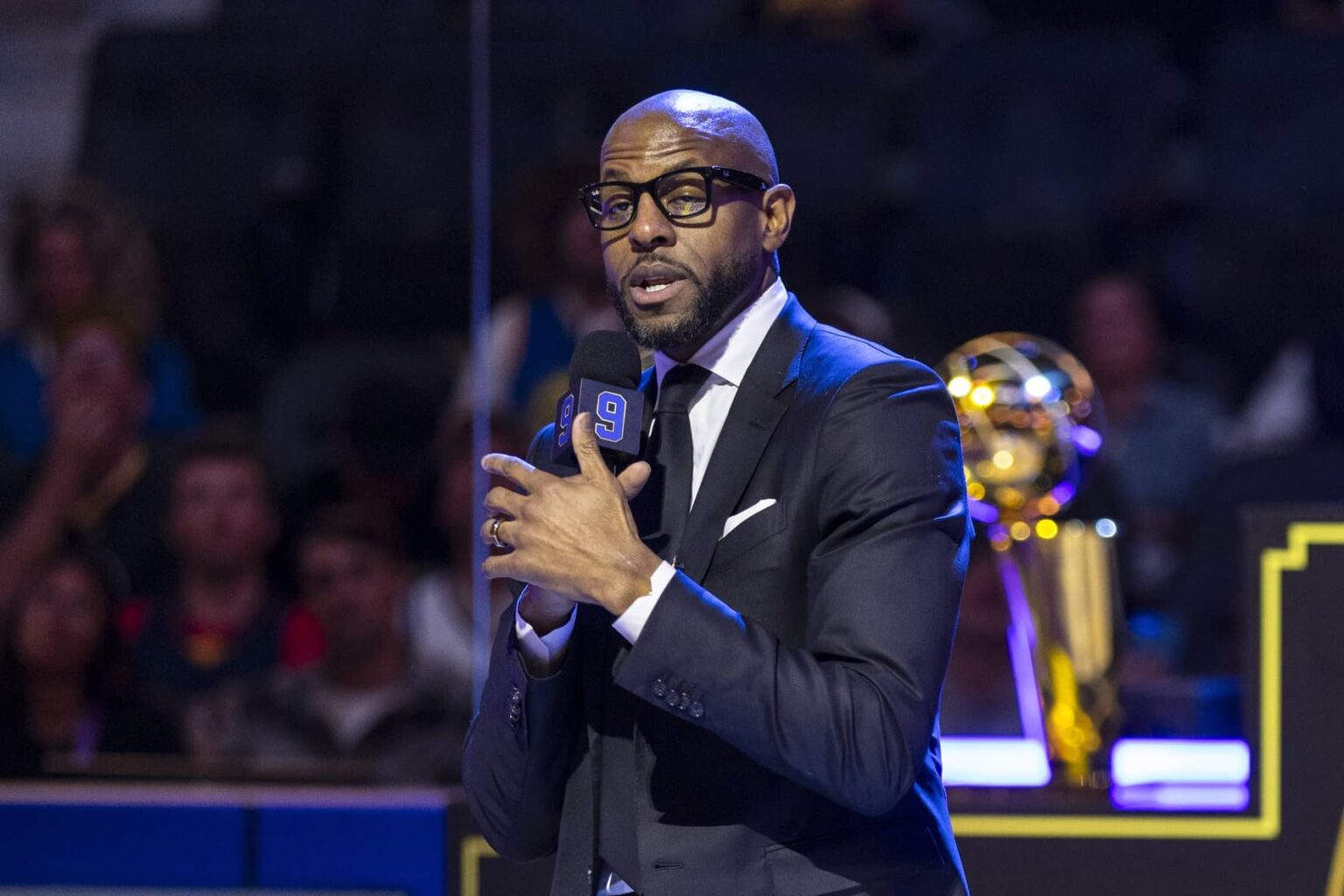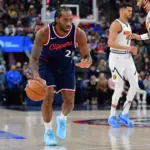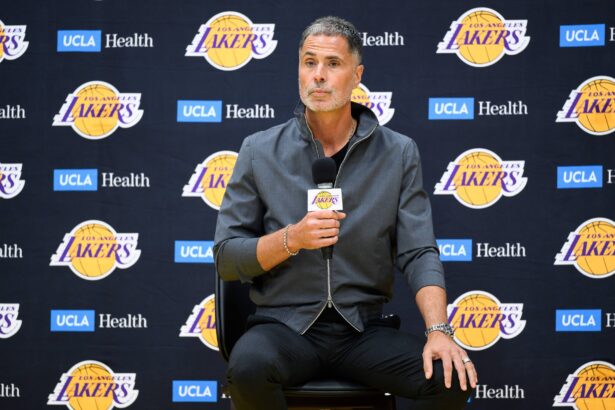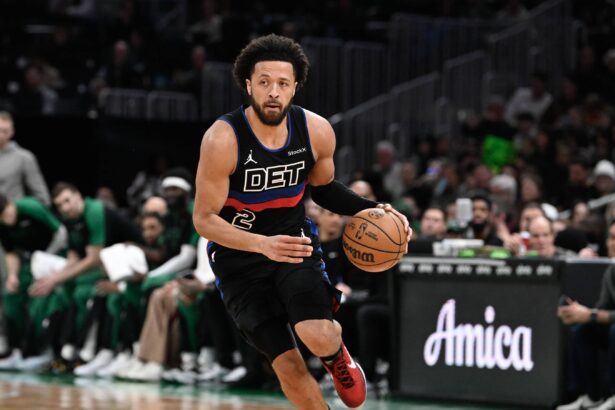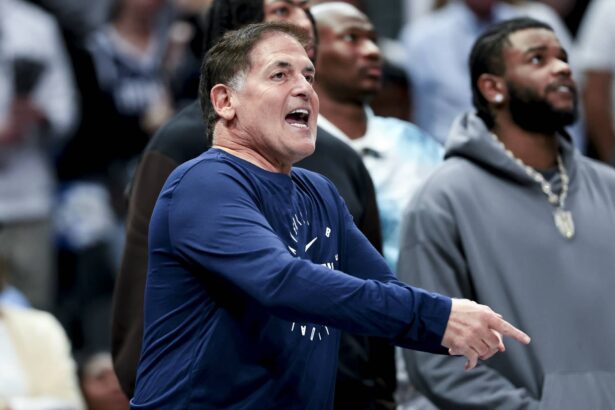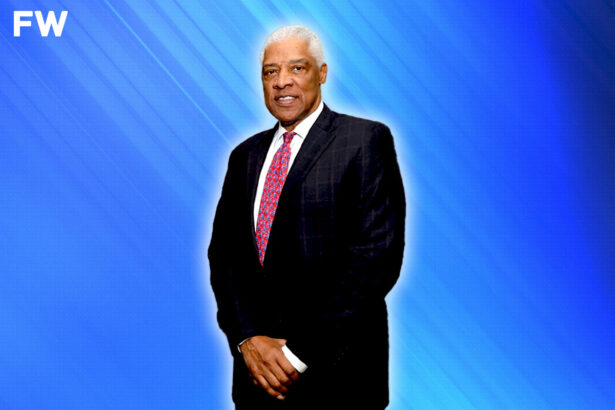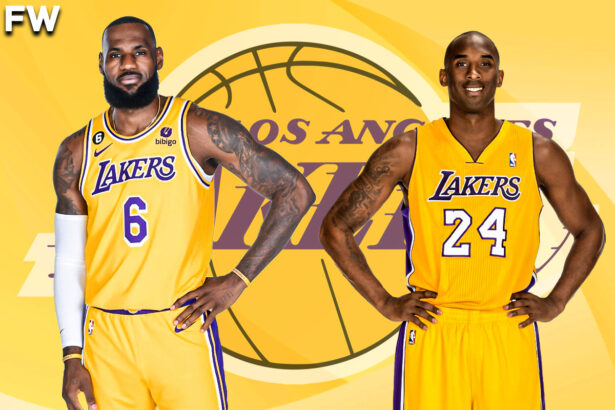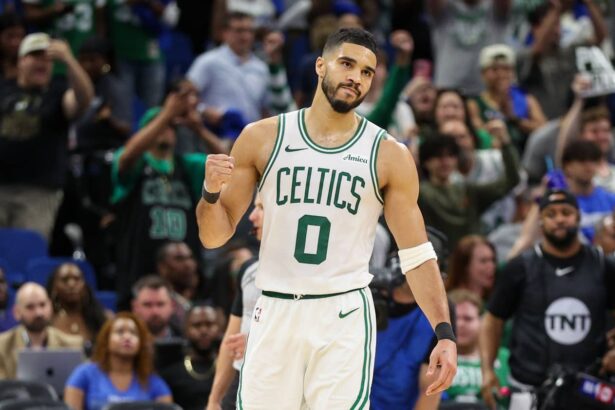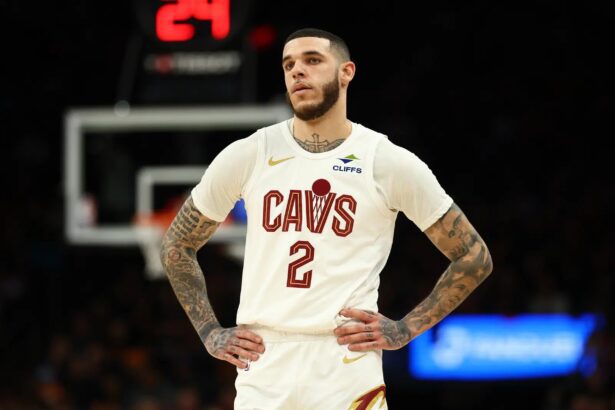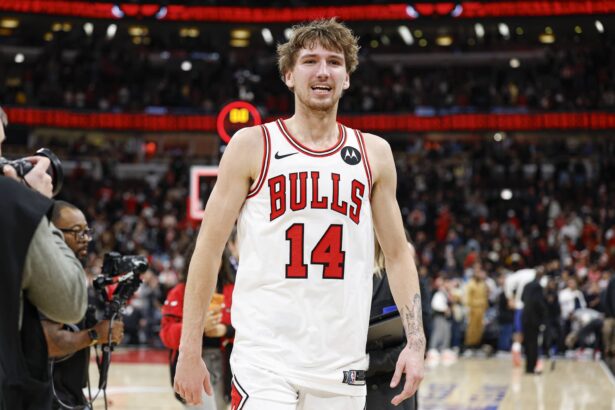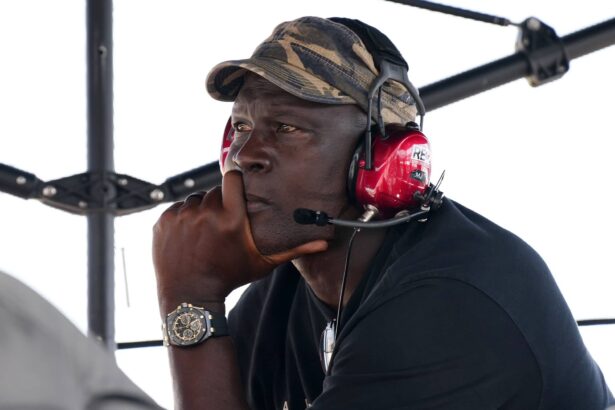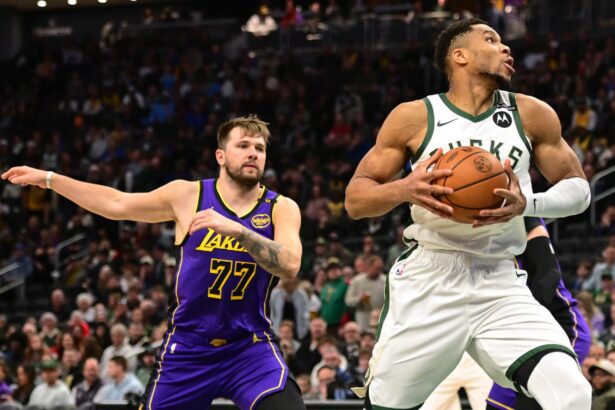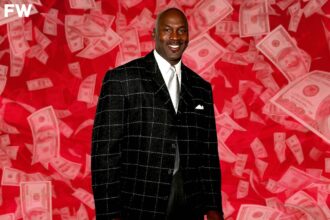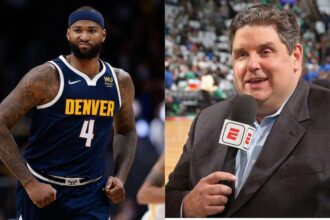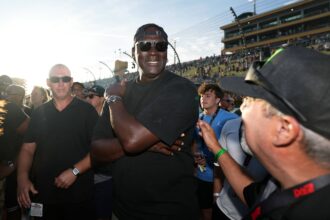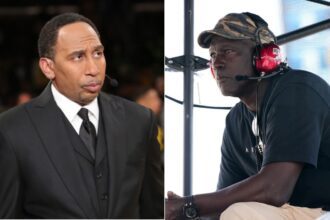Andre Iguodala has always been one of the more thoughtful voices in the NBA, both during his playing career and now in retirement. On the Young Man and Three podcast, the four-time NBA champion gave an honest perspective about life after basketball and why veterans end up leaning so heavily on each other when the game is over.
“It’s just a crazy world we live in that people, like, people don’t understand the trauma that comes with that. And the one message I leave with every athlete is, when you retire, who are you going to call?”
“You’re not paying for all your friends to go on vacation with you. You’re not taking this lavish trips. Like, you can still maintain your lifestyle, but now it’s really just you and your family.”
“Like, now you’re not bringing however many people you brought with you on the way up. So the only people that can afford to go on these same trips with you are your teammates.”
“And so you don’t want to wait till it’s too late, where you, I spent 19 years in the league. It’s like, wait, I don’t have any relationships that I fostered that can carry me for the next 60 years, 50 years of my life.”
“Most guys are, guys are leaving the league now, like, 26, 27. Like, the average people don’t understand, like, the average career is like three years now. And then 40% of the league is turned over every 18 months. Like, just those sheer numbers alone let you know, it’s only been 5,000 NBA players ever.”
“And so we just live in like a different realm. And I’m not saying we’re better or worse than anybody else, but it’s just like we live a different life. And so being a vet really comes down to fostering those relationships and letting the guys know, like, we have to take care of each other.”
“Because no one goes through the experiences that we go through or experience the traumas that we go through. And, like, we’re each other’s therapy. And so, like, me sharing what I went through with Duncan to help him isn’t just helping Duncan, it’s helping me.”
“Because I got to get this s**t off my chest. And you talk about the sanctuary, you got the guys. Like, these guys are on different teams, they’re used to competing, but they’re bonding with each other too. So it’s just a lot that’s being done that we don’t realize that’s helping us sort through a lot of life’s ills.”
For Iggy, this is the reality check many players don’t see coming. When the checks stop rolling in, the entourage usually fades. The friends who were around for the good times are no longer on the payroll, and suddenly the circle gets much smaller.
Unless you’re one of the very few megastars who can continue to bankroll everyone indefinitely, the lifestyle shifts dramatically. That’s when retired players realize that only their peers, their fellow veterans, truly understand what they’re going through.
That exclusivity is what makes the bond between former players so unique. The league is a niche within a niche, and no one outside of it can really grasp the pressures, traumas, and experiences that come with being a professional basketball player.
Managers, agents, and friends may be part of the journey, but they don’t live the grind, the travel, the pressure to perform, the constant competition, and the sudden loss of identity when it all ends.
Iggy is absolutely right.
Players like Iguodala, who spent nearly two decades in the league, understand that the next phase of life is much longer than the career itself. Building relationships during the playing years isn’t just about business connections; it’s about survival. Those friendships with fellow players can carry someone through the next 40 or 50 years, long after the fame and paychecks are gone.
Iggy’s message hits home because it’s simple and real: NBA players need each other once the lights go out. The league may be about competition while you’re in it, but in retirement, that brotherhood becomes a lifeline.

